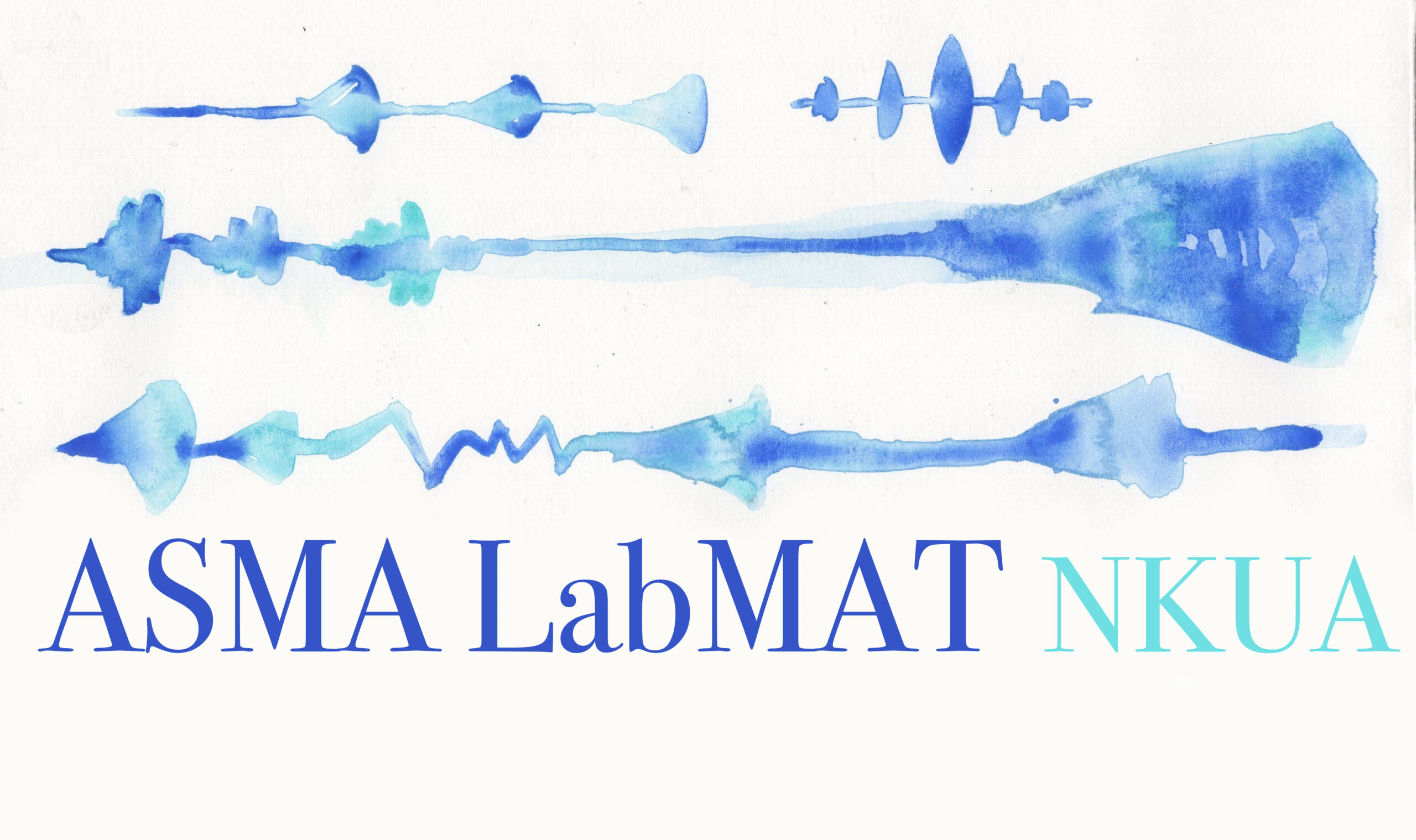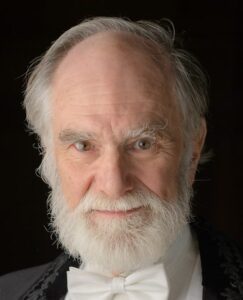
Johan Sundberg (born in 1936, Ph.D. in musicology Uppsala University 1966, doctor honoris causae 1996 University of York, UK) has a personal Chair (Emeritus) in Music Acoustics at the department of Speech Music and Hearing (KTH), Royal Institute of Technology, Stockholm.
He early became interested in the acoustical aspects of music, starting with a doctoral dissertation work on organ pipes. After the dissertation, singing voice and music performance have been his main research topics.
He led the music acoustics research group from 1970 to 2004. In Musikens Ljudlära Sundberg presents music acoustics in popularized form to the interested layman.
As the President of the Music Acoustics Committee of the Royal Swedish Academy of Music, Sundberg has been the editor of eight volumes in a series of proceedings of public seminars on music acoustic themes arranged in Stockholm since 1975. Sundberg has also had extensive experience of performing music.
For 24 years he was a member of the Stockholm Bach Choir, 9 years as its president. He has studied singing for Dagmar Gustafson and made his public debut with a Lieder recital on his 50th birthday. He is a member of the Royal Swedish Academy of Music, of the Swedish Acoustical Society (President 1976-81) and a fellow of the Acoustical Society of America.
https://www.researchgate.net/profile/Johan-Sundberg-2
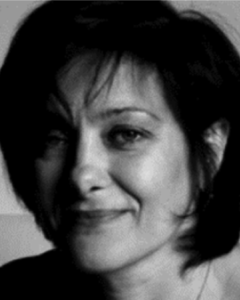 Claudia Manfredi (Member, IEEE) is currently an Associate Professor of biomedical engineering at the Department of Information Engineering, Università degli Studi di Firenze, Firenze, Italy. Her research interests include biomedical signal processing, with application to the analysis of EEG, ECG, video recordings, and the human voice.
Claudia Manfredi (Member, IEEE) is currently an Associate Professor of biomedical engineering at the Department of Information Engineering, Università degli Studi di Firenze, Firenze, Italy. Her research interests include biomedical signal processing, with application to the analysis of EEG, ECG, video recordings, and the human voice.
On the latter subject, she has been organizing the Biannual International Workshop MAVEBA, since 1999. She is the author of more than 120 peer-reviewed papers indexed in Scopus. She is a member of IEEE BME Society, Italian Bioengineering Group (GNB), International Speech and Communication Association (ISCA), Collegium Medicorum Theatri (CoMeT), Pan European VOice Conference (PEVOC), and World Voice Day. She is a member of the Editorial Board of Biomedical Signal Processing and Control (Elsevier Ltd.), an Editor of the MAVEBA proceedings series (FUP, Italy), and a Guest Editor of special issues of the journals, including European Acoustics Association (Acustica-Acta Acustica), Medical Engineering and Physics (Elsevier Ltd.), and Biomedical Signal Processing and Control (Elsevier Ltd.).
https://orcid.org/0000-0001-6364-9753
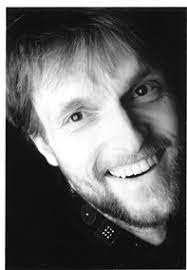
In 2000, he obtained a research scholarship at CCRMA, Standford University, where he started an investigation into adaptive sinusoidal modeling. In 2000 he joined the Sound Analysis-Synthesis team of IRCAM where he obtained his Habilitation from the Sorbonne Université in 2011 and where he became Research Director in 2013. He has developed state-of-the-art speech and music analysis and transformation algorithms, is the author of numerous libraries for signal analysis, synthesis, and transformation as for example SuperVP, a software for music and speech signal analysis and transformation that has been integrated into numerous professional audio tools. He has recently started to investigate signal processing algorithms based on deep learning.
http://anasynth.ircam.fr/home/english/people/axelroebel-en
https://www.stms-lab.fr/person/axel-roebel/
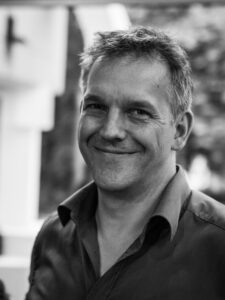 Malte Kob was born in Hamburg in 1967, where he also completed his training as a part-time church musician (C certificate) during his high school diploma. Singing and conducting choirs as well as playing piano, organ and jazz bass accompanied him during his studies in electrical engineering at the Technical University of Braunschweig and his diploma thesis on absorption measurement in reverberation rooms at the Physikalisch-Technische Bundesanstalt in Braunschweig.
Malte Kob was born in Hamburg in 1967, where he also completed his training as a part-time church musician (C certificate) during his high school diploma. Singing and conducting choirs as well as playing piano, organ and jazz bass accompanied him during his studies in electrical engineering at the Technical University of Braunschweig and his diploma thesis on absorption measurement in reverberation rooms at the Physikalisch-Technische Bundesanstalt in Braunschweig.
As a research assistant at the Institute for Technical Acoustics at the Rheinisch-Westfälische Technische Hochschule Aachen, he worked on the acoustics of musical instruments and received his doctorate in 2001 on the physical modeling of the singing voice. At the Clinic for Phoniatrics, Pedaudiology and Communication Disorders at the University Hospital in Aachen, he developed methods for analyzing and simulating voice disorders. Since 2009, as a professor for the theory of music transmission at the Hochschule für Musik Detmold, he has been supervising the engineering training to become a sound engineer as well as the M.Sc. and doctoral courses in musical acoustics. In national and international projects, he and his team work on research focuses on the singing voice, music production, ensemble sound.
https://www.mdw.ac.at/malte_kob/
https://www.hfm-detmold.de/en/portrait/personenverzeichnis/lecturer/vita/malte-kob/
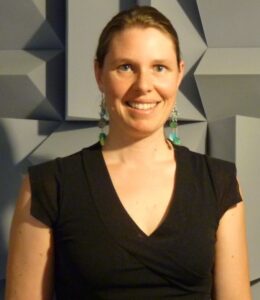 Nathalie Henrich Bernardoni is a Research Director of the French National Centre for Scientific Research (CNRS, Department of Human and Social Sciences), and Head of Speech and Cognition Department of GIPSA-lab (Grenoble, France), a choral conductor and singer. She is a scientist with a passion for human voice in all its forms of expression. Her research projects focus on experimental and clinical phonetics in speech and singing, on physiological and physical characterization of various vocal techniques (lyrical singing, contemporary music, world music), on vocal effort in speech and singing, as well as on developing and improving non-invasive experimental techniques for human-voice analysis. Regularly invited to give conferences at national and international levels, she is very much engaged in disseminating scientific knowledge about this fascinating instrument. She coordinates World Voice Day in France (April 16th), animates monthly meetings (Workshops about Sciences and Voice) and a research blog on Voice Sciences. In 2013, she received the CNRS Bronze Medal for her research on human voice. Her constant wish to have scientific community communicate with medical and artistic communities has resulted in a collective book, ” La voix chantée : entre sciences et pratiques [Singing voice: between sciences and practices]” published by Editions De Boeck.
Nathalie Henrich Bernardoni is a Research Director of the French National Centre for Scientific Research (CNRS, Department of Human and Social Sciences), and Head of Speech and Cognition Department of GIPSA-lab (Grenoble, France), a choral conductor and singer. She is a scientist with a passion for human voice in all its forms of expression. Her research projects focus on experimental and clinical phonetics in speech and singing, on physiological and physical characterization of various vocal techniques (lyrical singing, contemporary music, world music), on vocal effort in speech and singing, as well as on developing and improving non-invasive experimental techniques for human-voice analysis. Regularly invited to give conferences at national and international levels, she is very much engaged in disseminating scientific knowledge about this fascinating instrument. She coordinates World Voice Day in France (April 16th), animates monthly meetings (Workshops about Sciences and Voice) and a research blog on Voice Sciences. In 2013, she received the CNRS Bronze Medal for her research on human voice. Her constant wish to have scientific community communicate with medical and artistic communities has resulted in a collective book, ” La voix chantée : entre sciences et pratiques [Singing voice: between sciences and practices]” published by Editions De Boeck.
https://orcid.org/0000-0002-3944-611X
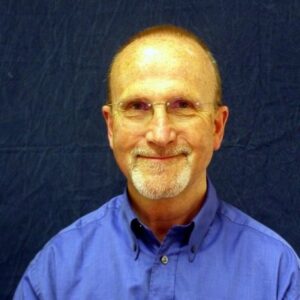 Professor Graham Welch holds the UCL Institute of Education Established Chair of Music Education (since 2001). He is elected Chair of the internationally based Society for Education, Music and Psychology Research (SEMPRE), a past President of the International Society for Music Education (ISME) (from 2008 to 2014), and past Co-Chair of the ISME Research Commission of ISME. He holds Visiting Professorships at the Universities of Queensland (Australia) and within the UK at UEL, Liverpool and (recently) Canterbury Christ Church University, Roehampton and the Royal College of Music. He is also member of the UK Arts and Humanities Research Council (AHRC) Review College for music. Internationally, he has acted as a specialist external consultant in the following areas: (i) aspects of children’s singing and vocal development for UK and Italian Government agencies, as well as previously for the USA National Center for Voice and Speech (NCVS) in Denver and the Swedish Voice Research Centre in Stockholm; (ii) education and teacher development for the British Council in the Ukraine and Ministry for Education and Youth in the United Arab Emirates; and (iii) the development of the nation-wide research cultures in music for the National Research Foundation of South Africa and British Council in Argentina.
Professor Graham Welch holds the UCL Institute of Education Established Chair of Music Education (since 2001). He is elected Chair of the internationally based Society for Education, Music and Psychology Research (SEMPRE), a past President of the International Society for Music Education (ISME) (from 2008 to 2014), and past Co-Chair of the ISME Research Commission of ISME. He holds Visiting Professorships at the Universities of Queensland (Australia) and within the UK at UEL, Liverpool and (recently) Canterbury Christ Church University, Roehampton and the Royal College of Music. He is also member of the UK Arts and Humanities Research Council (AHRC) Review College for music. Internationally, he has acted as a specialist external consultant in the following areas: (i) aspects of children’s singing and vocal development for UK and Italian Government agencies, as well as previously for the USA National Center for Voice and Speech (NCVS) in Denver and the Swedish Voice Research Centre in Stockholm; (ii) education and teacher development for the British Council in the Ukraine and Ministry for Education and Youth in the United Arab Emirates; and (iii) the development of the nation-wide research cultures in music for the National Research Foundation of South Africa and British Council in Argentina.
Publications number over three hundred and embrace musical development and music education, teacher education, the psychology of music, singing and voice science, and music in special education and disability. Publications are primarily in English, but also appear in Spanish, Portuguese, Italian, Swedish, Greek, Japanese and Chinese. He is on the editorial boards of the world’s leading journals in music education, including IJME, JRME, RSME, BJME, ACT and MER, as well as being Joint Editor of the new Hellenic Journal of Music, Education and Culture and also a Series Book Editor in applied music studies for Ashgate Press (seventeen books to date). External research funding awarded over the past decade as Principal Investigator totals over £4m and embraces over 35 projects. This includes grants from major UK Research Councils, the European Community, UK Government agencies, Local Authorities in England, the Australian Research Council and leading UK Charities.
His research team received the Royal Society for Public Health ‘Arts and Health’ award in 2011 for research into the links between singing and social inclusion. He has been appointed to Chair the new Paul Hamlyn Foundation Expert Commission on music education in the UK from 2015.

